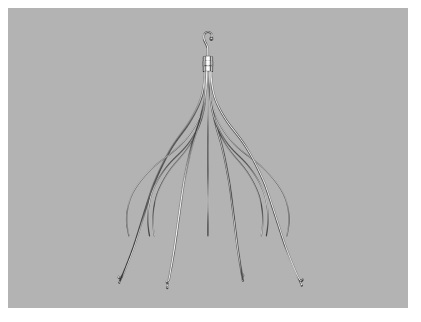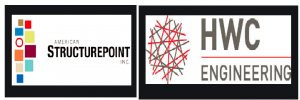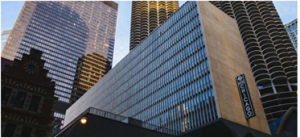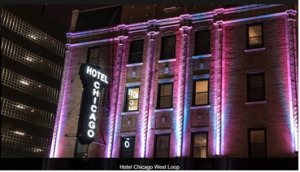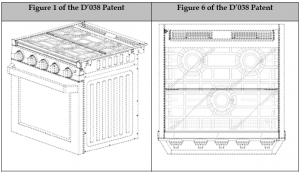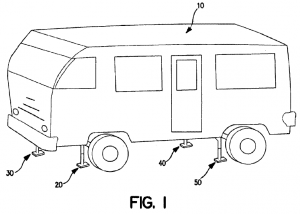The United States Court of Appeals for the Federal Circuit issued an opinion as to Summary Judgment in the case of Columbia Sportswear North America, Inc. (“Columbia”), an Oregon Corporation, versus Seirus Innovative Accessories, Inc. (“Seirus”), a Utah Corporation. This appeal by 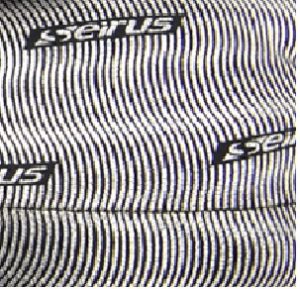 Columbia came after a jury trial in the U.S. District Court for the Southern District of California found that claims 2 and 23 of U.S. Patent 8,453,270 (the “’270 Patent”) are invalid as anticipated and obvious. Seirus cross-appealed from the U.S. District Court for the District of Oregon’s grant of summary judgment that it infringes U.S. Patent D657,093 (the “’093 Patent”) and from the entry of the jury’s damages award. The Court of Appeals found claims 2 and 23 of the ‘270 Patent are invalid and that the Court for the District of Oregon erred in granting summary judgment for infringement of the ‘093 Patent.
Columbia came after a jury trial in the U.S. District Court for the Southern District of California found that claims 2 and 23 of U.S. Patent 8,453,270 (the “’270 Patent”) are invalid as anticipated and obvious. Seirus cross-appealed from the U.S. District Court for the District of Oregon’s grant of summary judgment that it infringes U.S. Patent D657,093 (the “’093 Patent”) and from the entry of the jury’s damages award. The Court of Appeals found claims 2 and 23 of the ‘270 Patent are invalid and that the Court for the District of Oregon erred in granting summary judgment for infringement of the ‘093 Patent.
Columbia originally filed suit in the District of Oregon on January 12, 2015 claiming that Seirus infringed both the ‘270 and ‘093 Patents. Seirus moved to transfer the case to the Southern District of California, but that motion was denied. The district court then “granted summary judgment that Seirus’s HeatWave products infringe the ‘093 patent” stating that “the difference in wave pattern, orientation, and the presence of Seirus’s logo” were characterized as “minor differences.” Seirus moved to transfer the case to the Southern District of California for a second time, two years after its first motion, in light of the decision in TC Heartland LLC v. Kraft Foods Grp. Brans LLC, 137 S. Ct. 1514 (2017). Due to the intervening case law, the District of Oregon transferred the remainder of the claims to the Southern District of California.
A jury trial w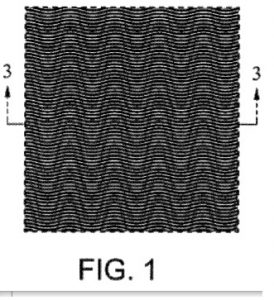 as held in the Southern District of California and claims 2 and 3 of the ‘270 Patent were found to be invalid as anticipated and obvious. The jury also awarded Columbia $3,018,174 in damages for non-willful infringement of the ‘093 Patent. Both Parties “filed post-trial motions for judgment as a matter of law and for a new trial, but the court summarily denied them in a two-page opinion.” Subsequently, the Parties each filed notices of appeal.
as held in the Southern District of California and claims 2 and 3 of the ‘270 Patent were found to be invalid as anticipated and obvious. The jury also awarded Columbia $3,018,174 in damages for non-willful infringement of the ‘093 Patent. Both Parties “filed post-trial motions for judgment as a matter of law and for a new trial, but the court summarily denied them in a two-page opinion.” Subsequently, the Parties each filed notices of appeal.
The court’s denial of the motions for judgment as a matter of law is reviewed by the substantial evidence standard. “A jury’s verdict must be upheld if supported by substantial evidence.” OTR Wheel Eng’g, Inc. v. W. Worldwide Servs. Inc., 897 F.3d 1008, 1015 (9th Cir. 2018) (citing Unicolors, Inc. v. Urban Outfitters, Inc., 853 F.3d 980, 984 (9th Cir. 2017). The court’s denial of a motion for a new trial is reviewed for an abuse of discretion. Molski v. M.J. Cable, Inc., 481 F.3d 724, 728 (9th Cir. 2007). The granting of a new trial may only be done “if the verdict is contrary to the clear weight of the evidence, is based upon false or perjurious evidence, or to prevent a miscarriage of justice.” Passantino v. Johnson & Johnson Consumer Prods., Inc., 212 F.3d 493, 510 n.15 (9th Cir. 2000). Continue reading
 Indiana Intellectual Property Law News
Indiana Intellectual Property Law News



